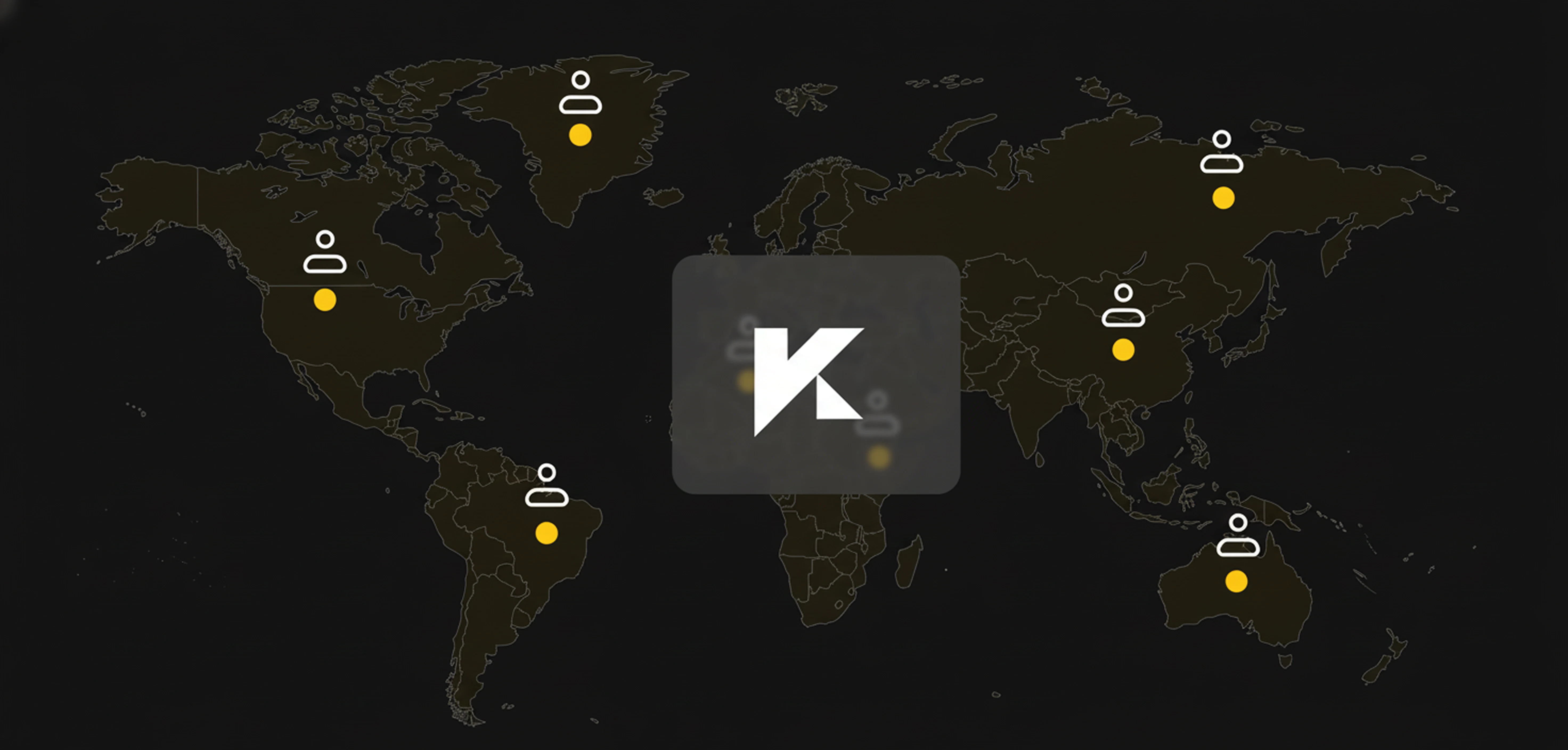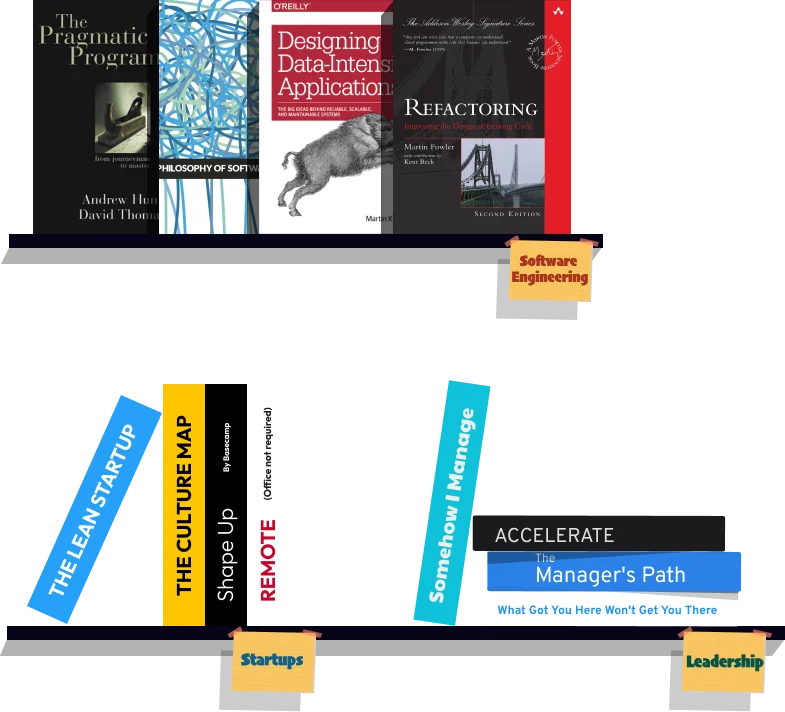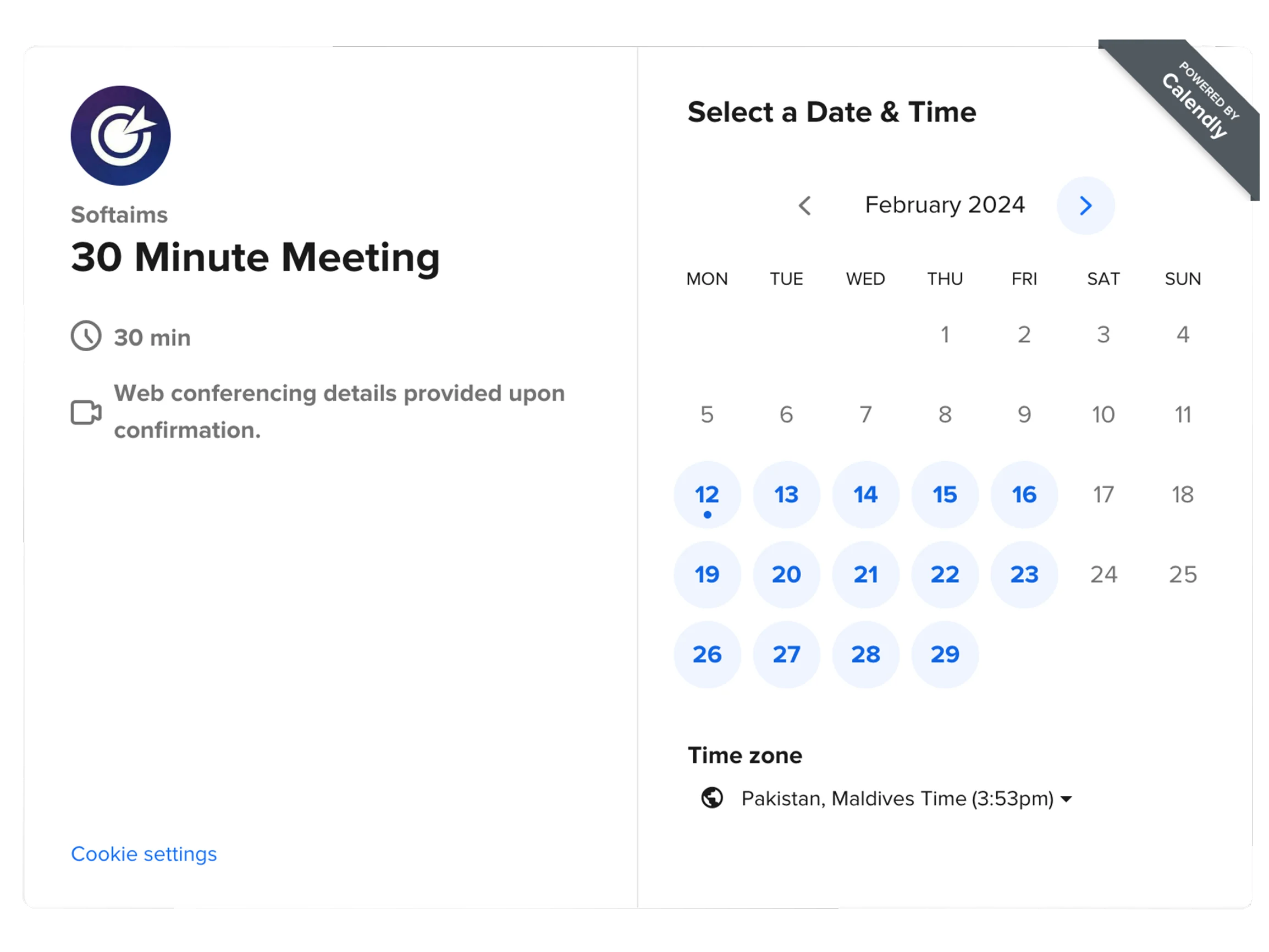The Modern Language for Android and Beyond Kotlin
A Kotlin developer is a versatile engineer who uses a modern, statically-typed programming language from JetBrains to build a wide range of applications. While Kotlin is Google's official and preferred language for native Android development, its use has expanded dramatically to include powerful backend systems and even cross-platform mobile development.

Hiring a Kotlin developer means bringing in a professional who can write code that is more concise, safer, and more expressive than traditional Java. Their expertise is crucial for building high-quality, modern Android apps and for creating robust, high-performance backend services in a language that is a joy to work with.
Mastery of The Kotlin Language
A proficient Kotlin developer must have a deep and idiomatic understanding of the language itself. This goes far beyond just knowing its syntax and requires a mastery of its modern and powerful features. They must be experts in Kotlin's null safety system, which is a core feature that helps to eliminate null pointer exceptions, one of the most common sources of crashes.
They should be able to write clean, expressive, and concise code using features like data classes, extension functions, and higher-order functions. For example, the ability to write a simple data model like data class User(val id: Int, val name: String) or use a collection function like users.filter { it.isActive } is a fundamental skill for any professional Kotlin developer.
Kotlin for Native Android Development
The primary use case for Kotlin is native Android app development. A candidate must be an expert in building high-quality Android apps using the modern Android toolchain. This requires a deep understanding of the Android SDK and core components like Activities, Fragments, and Services.
Furthermore, they must be highly skilled in the modern Android Jetpack suite of libraries. This includes expertise in Jetpack Compose for building UIs declaratively, ViewModel for managing UI-related data, Room for database persistence, and Navigation for handling in-app navigation. This is the standard for modern, professional Android development.
Coroutines for Asynchronous Programming
Modern applications, especially on mobile, need to perform asynchronous operations like network requests without blocking the main thread. Kotlin's built-in solution for this is Coroutines, and a top-tier candidate must have a mastery of them. They need to be able to write clean, structured, and highly readable asynchronous code.
This includes a deep understanding of concepts like structured concurrency, scopes, and dispatchers. The ability to launch a coroutine with viewModelScope.launch { ... } and use suspend functions to write sequential-looking asynchronous code is an essential skill that has replaced older, more complex solutions like callbacks or RxJava.
Architectural Patterns
Building a scalable and maintainable Android application requires a solid architectural foundation. A skilled Kotlin developer must be well-versed in modern mobile architectural patterns. The most widely-accepted pattern in the Android community is a variation of MVVM (Model-View-ViewModel).
They should be able to design an application with a clean separation of concerns, where the UI layer is kept separate from the business logic and the data layer. Experience with principles of clean architecture and concepts like dependency injection (often using a library like Hilt or Koin) is a key indicator of a senior and disciplined engineer.
Kotlin for Backend Development
Kotlin's safety, conciseness, and interoperability with Java have made it an increasingly popular choice for backend development. A well-rounded Kotlin developer may also have experience building server-side applications. This requires proficiency with a modern backend framework for Kotlin.
The two most popular choices are Spring Boot, which has excellent first-class support for Kotlin, and Ktor, a lightweight and asynchronous framework built from the ground up by JetBrains. The ability to build a RESTful API using one of these frameworks is a highly valuable and in-demand skill.
Java Interoperability
One of Kotlin's greatest strengths is its 100% interoperability with Java. This means that a Kotlin application can seamlessly use any of the vast number of existing Java libraries, and Kotlin code can be gradually introduced into an existing Java project. A proficient developer must have a solid understanding of how this interoperability works.
They should be able to confidently call Java code from Kotlin and vice versa. This practical skill is crucial for migrating legacy Android applications from Java to Kotlin and for leveraging the mature and extensive Java ecosystem in their Kotlin projects.
Testing in The Kotlin Ecosystem
A commitment to writing high-quality, reliable code is demonstrated by a strong testing discipline. A professional Kotlin developer must be experienced in writing automated tests for their applications. For Android development, this includes writing unit tests for their ViewModels and business logic using a framework like JUnit.
They must also be skilled at writing instrumentation and UI tests that run on an actual device or emulator, using a framework like Espresso or the new testing APIs for Jetpack Compose. A disciplined approach to testing is essential for building a robust application and preventing regressions.
The Android Studio IDE and Build System
The official Integrated Development Environment (IDE) for Android development is Android Studio, and a proficient developer must be an expert user of it. This goes beyond just writing code and includes a mastery of its tools for debugging, layout inspection, and performance profiling.
Furthermore, they must have a solid understanding of the Gradle build system, which is used to build and package Android applications. They should be able to manage project dependencies, configure build variants for different environments, and troubleshoot any build-related issues that may arise.
Kotlin Multiplatform
A forward-thinking Kotlin developer will be familiar with the growing capabilities of Kotlin Multiplatform (KMP). KMP is a feature of the Kotlin language that allows developers to share code between different platforms, such as the business logic for an application that runs on both Android and iOS.
While still an evolving technology, experience with KMP is a highly valuable skill that demonstrates a commitment to the future of the Kotlin ecosystem. It allows companies to reduce code duplication and build a more consistent experience across their mobile applications, making it a powerful tool for modern development.
How Much Does It Cost to Hire a Kotlin Developer
The cost to hire a Kotlin developer, particularly for native Android development, is high. This reflects the strong demand for skilled mobile engineers and the fact that Kotlin is the modern standard for a major platform. The salary is influenced by their geographic location, years of experience, and their proficiency with the modern Android Jetpack libraries.
Tech hubs in North America and Western Europe typically have the highest salary ranges. The following table provides an estimated average annual salary for a mid-level Kotlin (Android) developer to illustrate these global differences.
| Country |
Average Annual Salary (USD) |
| United States |
$135,000 |
| United Kingdom |
$90,000 |
| Germany |
$88,000 |
| Canada |
$102,000 |
| Australia |
$98,000 |
| Poland |
$60,000 |
| Ukraine |
$55,000 |
| India |
$40,000 |
| Brazil |
$50,000 |
| Spain |
$65,000 |
When to Hire Dedicated Kotlin Developers Versus Freelance Kotlin Developers
Hiring a dedicated, full-time Kotlin developer is the best choice for building and maintaining a core, long-term native Android application. A dedicated team member will gain a deep understanding of your product's architecture and business goals, and can take ownership of its ongoing development, from new features to OS updates.
Hiring a freelance Kotlin developer is a more tactical decision, ideal for specific, well-defined projects. This is a great model for building a simple, standalone Android app, migrating an existing Java app to Kotlin, or getting expert help to implement a particular feature or fix a set of bugs. Freelancers provide flexibility and specialized skills on demand.
Why Do Companies Hire Kotlin Developers
Companies hire Kotlin developers primarily because it is Google's official and recommended language for building high-quality, modern native Android applications. Kotlin's modern features, such as null safety and coroutines, allow developers to write safer, more concise, and more performant code, which leads to fewer bugs and a better end-user experience.
Furthermore, hiring Kotlin developers allows companies to attract and retain top talent, as most Android engineers now prefer working with Kotlin over legacy Java. Its growing popularity for backend development also offers the potential for building a more unified and efficient engineering team using a single, modern language for multiple platforms.
In conclusion, hiring a top-tier Kotlin developer requires finding a candidate who has fully embraced the modern, safe, and expressive nature of the language. The ideal professional will combine a deep mastery of Kotlin's features with extensive, practical experience in building high-quality applications, whether for native Android with Jetpack or for the backend with a framework like Spring Boot. By prioritizing these skills, organizations can build powerful teams capable of creating the robust, performant, and delightful applications that define modern software development.



































